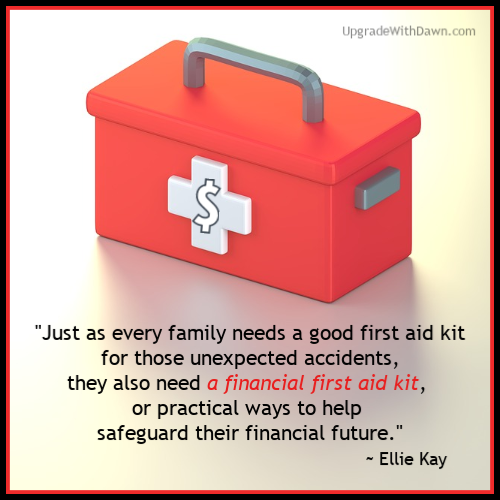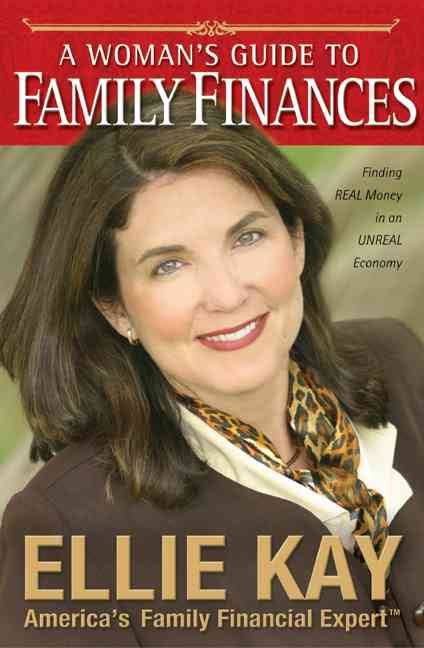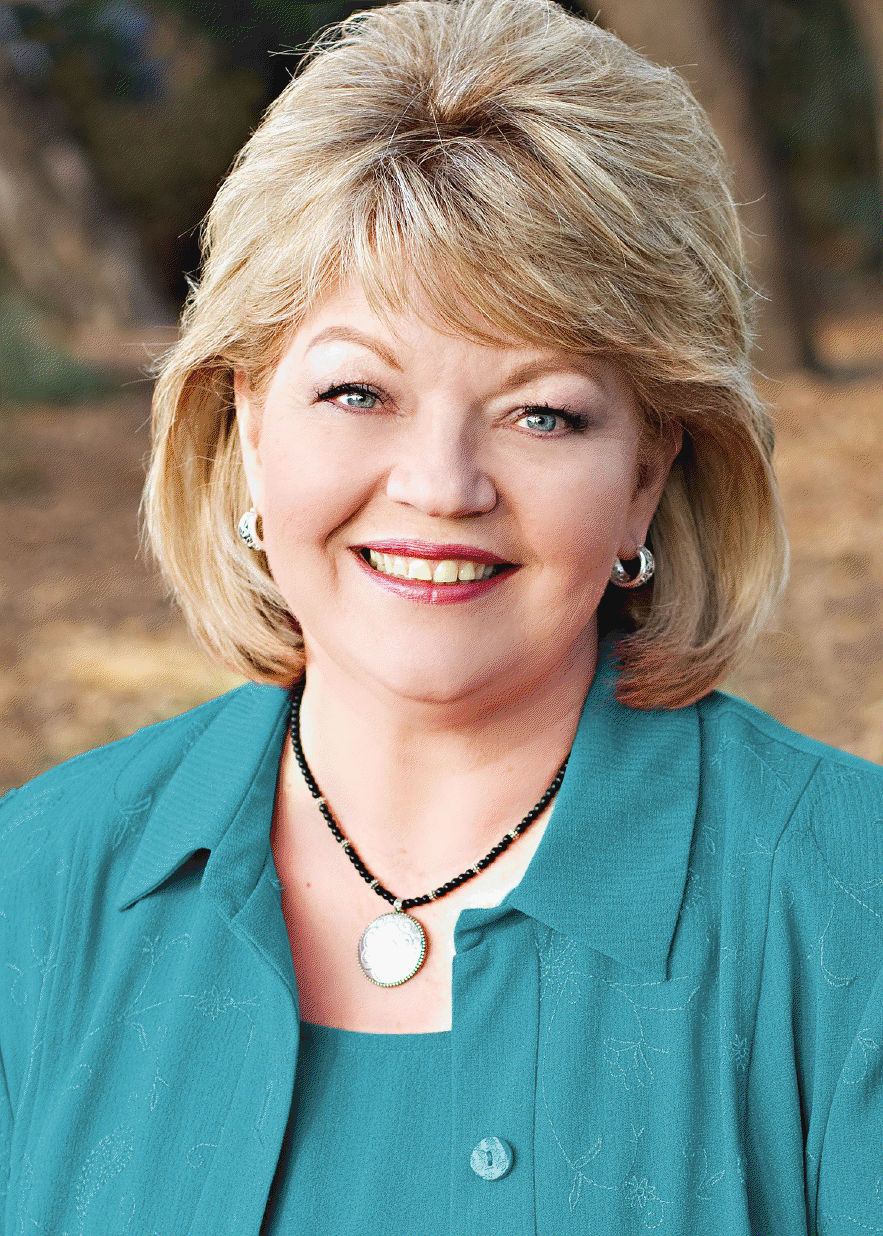Is Fundraising Biblical?
Sally Ferguson writes devotionals and articles of consequence, and she even wrote a coloring book for children. As a speaker, she helps women find encouragement from God's Word. She is also helps women plan women's retreats and leads them herself. In this Biblical Discernment UPGRADE, Sally asks a question about fundraising, a topic dear to her heart.
“I was surprised recently to learn some people don’t think churches and Christian ministries should do fundraisers,” Sally said.
Fundraising can be a hot-button issue in some Christian circles, but I (Dawn) think Sally explores it with both insight and compassion.
Sally continues . . .
As one who was in church with my parents every time the doors were open, I grew up with a well-rounded view of the church and money.
My sister and I were eager to put our coins in the offering plate when passed down the row. It was seen as a privilege to be a part of God’s work.
When I graduated to the youth group, we each became a part of the fundraising team to ensure all could afford our ministry opportunities.
Church camp and youth conventions were a time of teaching God’s Word and growing in relationships. We came home from our mountaintop experiences ready to tell our friends at school about the transformation we’d encountered and how Jesus could make a difference in their lives, too.
Had we not done fundraising, maybe half of the group could not have attended.
It’s unthinkable that some of us would not have been included in those trips.
In the years following, I’ve been a part of fundraising for all types of church events, so it puzzled me that someone wouldn’t consider it biblical. It made me want to find out for myself what God says about our finances.
Exploring Fundraising Biblically
1. We’re told in Malachi to bring a tithe to God.
That foundational gift is to honor God’s care of us. He gives us all things, but only requires a tenth given back to support the ministry of His House, as planned in Numbers 18:21.
“Bring your full tithe to the Temple treasury so there will be ample provisions in my Temple. Test me in this and see if I don’t open up heaven itself to you and pour out blessings beyond your wildest dreams” (Malachi 3:10 MSG).
2. The early church modeled community for us in the way they took care of each other.
Acts 2:42-47 tells us people sold their possessions in order to provide for unmet needs.
People were so excited about what they were seeing take place around them, they joined forces to expand their reach.
3. In Romans 15:27, Paul says it is right for us to share our material blessings with those who bless us spiritually.
Have you felt joy when you gave to another? It has a boomerang effect in blessing the giver as much as the receiver.
Not only has fundraising helped our church reach goals of sending people on mission trips and building campaigns to expand ministry facilities, but it has also helped to build camaraderie within the church.
The process of working together toward a common goal bonds us together and builds community.
When we witness something accomplished that is bigger than ourselves, we get a faith boost because we know God is at work in our midst.
“In the Messiah, in Christ, God leads us from place to place in one perpetual victory parade. Through us, he brings knowledge of Christ” (2 Corinthians 2:14 MSG).
So, let’s circle back to the beginning.
What Is Fundraising?
Fundraising is raising funds for a particular need that otherwise wouldn’t be met. It’s money pooled together above and beyond the general tithe for a specific occasion.
Maybe you would call it an offering or a gift, but fundraising can look like many different things:
- A new church van for picking up children for Sunday School
- Packaged goods for the church food pantry.
- Bottle and can drive for missions.
One more story.
Our church issued a Backpack Challenge for members to fill backpacks with school supplies. One little girl turned in hers with a request. She had added clothes in her size for another girl to have for the first days of school.
Our youth pastor agreed to pray for that specific recipient.
Later that week, she received a call from a local agency. Guess what they asked for? Yep, that specific size was needed for a little girl!
Two gals learned about the power of prayer and that God cares about the details—when one responded to a fundraiser.
It was a great reminder to all of us that the smallest can teach us the biggest lessons.
What does fundraising look like to you?
Proverbs 3:9 admonishes us to honor God with all of our possessions. May we do so with generous and joyful hearts and wallets, as we look for ways to enhance ministry opportunities beyond the walls of our church.
What do you think? Is fundraising biblical?
Sally Ferguson is a teacher of God’s Word and a student of people. Whether leading retreats or small groups, she loves to see the light shine when hope
 abounds. Sally lives in western New York with her husband and her dad. Her current project is a Bible study for caregivers. Catch up with her at sallyferguson.net.
abounds. Sally lives in western New York with her husband and her dad. Her current project is a Bible study for caregivers. Catch up with her at sallyferguson.net.
 Post a Comment → Posted on
Post a Comment → Posted on  Thursday, September 21, 2023 at 11:00AM
Thursday, September 21, 2023 at 11:00AM  Biblical Discernment,
Biblical Discernment,  Discernment,
Discernment,  Fundraising,
Fundraising,  Fundraising in Church,
Fundraising in Church,  Is Fundraising Biblical,
Is Fundraising Biblical,  Sally Ferguson,
Sally Ferguson,  Upgrade with Dawn Upgrade Your Life
Upgrade with Dawn Upgrade Your Life  Biblical Discernment,
Biblical Discernment,  Discernment,
Discernment,  Finances,
Finances,  Fundraising
Fundraising 














